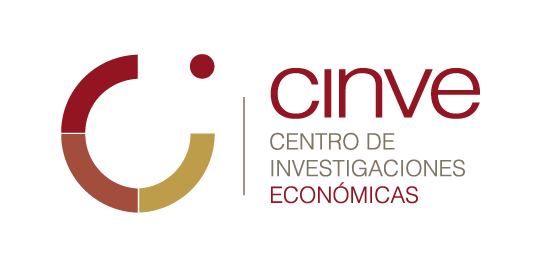Before the emergence of the global financial crisis, the Uruguayan economy showed a growth trend superior to its long-term performance. Despite this, economic growth and public spending associated with it would not be sufficient on their own to achieve the MDG referred to the completeness in time of primary education, nor that referring to the decrease in child mortality. , although certainly both would have a very significant advance. However, Uruguay would be in a position to reach the MDGs referred to without too much additional effort, and without implying unfeasible or risky macroeconomic situations. This result does not vary substantially due to the global crisis. However, neither the expected economic growth nor the strategy of reaching the aforementioned objectives have sufficient general equilibrium effects to achieve poverty goals. Therefore, the country should continue implementing specific policies on the labor market or directly on income to achieve these goals by 2015
World Crisis and scope of the MDGs in Latin America and the Caribbean: The case of Uruguay
Por Editor Cinve
